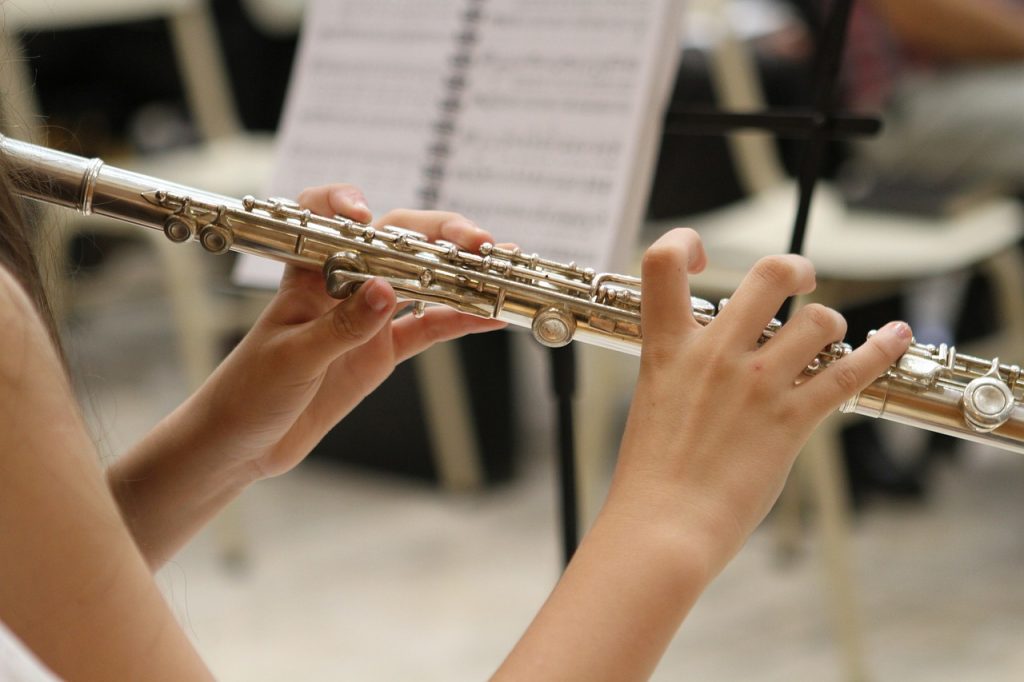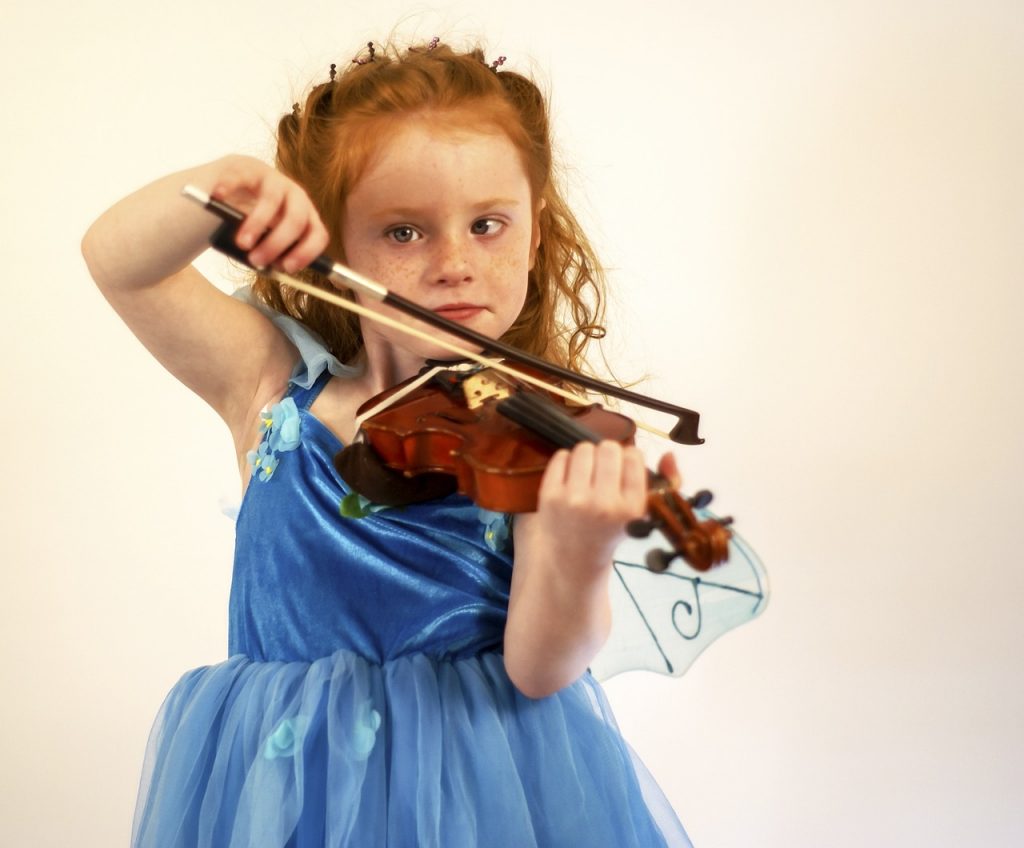Today we celebrate World Autism Day, which is an annual celebration of autistic people to raise awareness of developmental disorders and neurodivergence. The benefits of music based therapy for children with autism have been widely recognised, with clear evidence showing how music therapy and playing music can help children and young people on the autism spectrum.
Music has many positive effects, for example destressing people when they are nervous or tense, and uplifting moods. Music, just like sport, helps us to overcome stress, and can help us to react more calmly in certain situations with a clearer understanding of the situation.

Autism and music
Musical activities have also been shown to help children with autism spectrum disorder. Singing and playing music are excellent ways to improve their social communication skills, which can significantly improve their quality of life at home and in the family.
In many cases, children with autism become excellent musicians and singers in their own right, expressing themselves through music. Although there was no official diagnosis or understanding of the condition at the time, researchers believe that Mozart and Beethoven, for example, were also affected by autism to some extent.

The musical interaction
“Musical interaction is a person-centred interactive process that creates a communication triangle between the developer, the musician and the child. The reason why live music is now preferred around the world, when given the opportunity, is that the musician facilitates, maintains and reinforces the interaction between the developer and the musician. When playing live music, the child’s expressions can be immediately attuned and a melody can be repeated as often as the situation requires. It can also reflect changes in mood and induce emotional states: it can energize a passive child and calm a hyperactive one” – transtelex.ro quotes Tamás Márkos, who works as a music teacher and music developer at the Autism Transilvania Association in Cluj-Napoca.

Melody, rhythm and harmony in the service of healing
The body functions (heartbeat, brain waves, peristalsis, etc.) are characterised by many different rhythms. Rhythm is thus an integral part of our lives. For children with autism, rhythm is one of the “handholds” of stability. They tend to sway to a constant rhythm. Music therapy has the advantage of being able to communicate at a more primal psychological level of rhythm. It can help to establish a therapist-client relationship that is often not possible through the use of verbal language. Music helps the psyche to develop in a more complex way through melody and harmony. Researchers have found that musical interest and ability is almost universal in children with autism. The variety of music is very important. A child with autistic spectrum disorder experiences changes in a safe way through variations in music.
Creating music, including playing the instrument requires both self-discipline and concentration, which is difficult for children with autism. However, if there is a common understanding between teacher and child, music can have amazing developmental effect on them especially with their fine motor skills. Additionally, the support a parent provides to their child at home and in their own environment makes a significant impact on the child’s development. However, it is vital for parents to understand that providing music based therapy for their child is a long term project not a single lesson.
